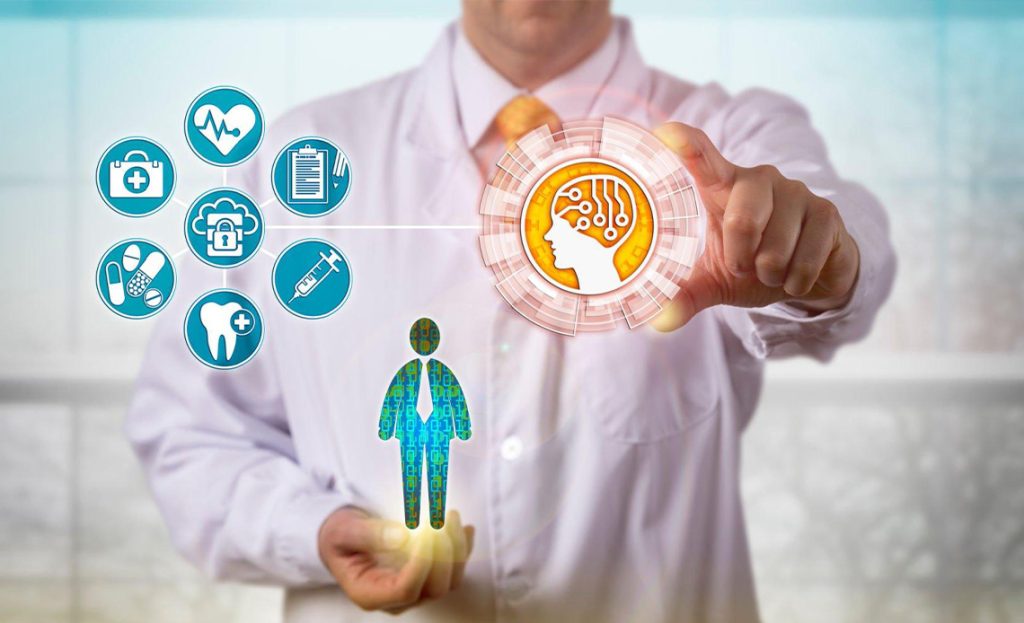Introduction:
In the modern era of healthcare, where patient-centricity and operational efficiency are critical, Customer Relationship Management (CRM) technology has emerged as a game-changer. Originally developed for the business world, CRM has seamlessly transitioned into the healthcare sector, empowering healthcare providers to optimize their patient relationships and streamline their operations. This blog explores the myriad benefits of CRM in healthcare and highlights how it revolutionizes patient care and organizational efficiency.
Improved Patient Engagement:
CRM systems enable healthcare providers to personalize patient interactions, resulting in enhanced engagement. By capturing comprehensive patient data, including medical history, preferences, and communication preferences, CRM facilitates tailored communication, timely reminders, and targeted health education materials. Increased patient engagement leads to improved patient satisfaction, adherence to treatment plans, and overall better health outcomes.
Enhanced Care Coordination:
In today’s complex healthcare landscape, seamless care coordination is vital. CRM systems serve as centralized hubs for patient information, enabling healthcare professionals from different specialties and departments to access real-time patient data, track progress, and collaborate efficiently. This cohesive approach minimizes communication gaps, prevents redundant tests, and ensures continuity of care, ultimately enhancing patient safety and reducing medical errors.
Streamlined Appointment Management:
Efficient appointment management is a critical aspect of delivering quality healthcare services. CRM platforms offer robust scheduling capabilities, allowing healthcare providers to optimize appointment slots, reduce waiting times, and minimize no-shows. Automated appointment reminders, seamless rescheduling, and waitlist management features further enhance patient satisfaction and clinic productivity.
Personalized Marketing and Outreach:
CRM empowers healthcare organizations to tailor their marketing and outreach efforts to target specific patient populations effectively. By leveraging patient data and analytics, providers can identify high-risk patients for preventive interventions, personalize health campaigns, and deliver relevant health content. This personalized approach fosters patient trust, strengthens relationships, and drives patient acquisition and retention.
Efficient Referral Management:
For healthcare networks and multi-specialty clinics, managing referrals can be a complex process. CRM systems simplify and streamline the referral management process by automating workflows, tracking referral progress, and providing real-time updates. Enhanced visibility and collaboration among referring and receiving providers result in faster and smoother referrals, reducing delays and improving patient access to specialty care.
Data-Driven Decision Making:
CRM platforms offer robust reporting and analytics capabilities that enable healthcare organizations to make data-driven decisions. By aggregating and analyzing patient data, CRM systems provide valuable insights into patient demographics, preferences, and trends. These insights help healthcare providers identify areas for improvement, develop targeted interventions, and allocate resources effectively, leading to optimized patient care and operational efficiency.
Compliance and Risk Management:
In an era of stringent regulatory requirements, CRM systems play a vital role in ensuring compliance and risk management. By capturing and tracking patient consent, privacy preferences, and data security measures, CRM platforms help healthcare organizations adhere to privacy regulations such as HIPAA. They also assist in monitoring and managing potential risks, such as identifying potential medication interactions or ensuring follow-up care adherence.
Conclusion:
CRM technology is transforming healthcare by enabling personalized patient interactions, enhancing care coordination, and improving operational efficiency. By harnessing the power of CRM, healthcare organizations can deliver patient-centered care, optimize workflows, and achieve better health outcomes. Embracing CRM in healthcare is not just a choice; it’s a strategic imperative in the quest for improved patient care and organizational success.
